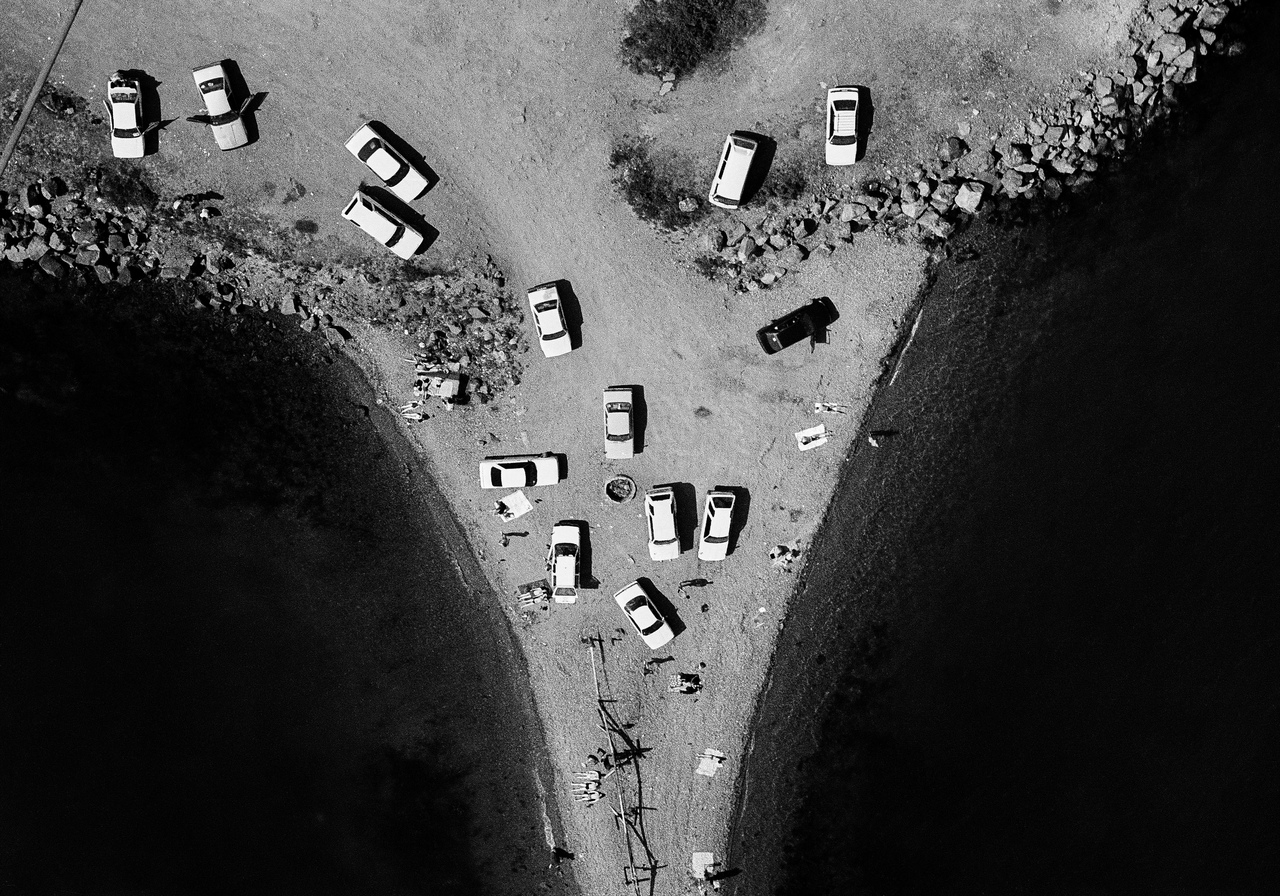
NOVEMBER 15, 2019 – MAY 17, 2020 / MAIN EXHIBITION HALL
On November 15, the Zarya Center for Contemporary Art will open the exhibition “Far Focus. Photographers of Vladivostok,” which includes approximately 400 photographs of Vladivostok from the 1970s until the present. The project is the first to offer such a sweeping retrospective alongside the cutting edge of contemporary photography in the city.
“Many regional photography schools – from Petersburg, to Kazan, to Novokuznetsk – have been shown in Russia in exhibitions or printed in albums and catalogues,” explains ZARYA CCA Chief Curator, Alisa Bagdonaite. “At the same time, in many cities and even entire regions, photographic practice remains almost undetectable or too little known in Russia and the world. ‘Far Focus’ is our attempt to use the medium of photography to understand and represent what it means to live in Primorye, and how Vladivostok artists and reporters look at their home.”
The photographs presented in this exhibition capture life in the big city and its surrounding countryside, exploring different methods and means of “looking at” reality and manipulating images.
“The project ‘Far Focus’ has turned out to be quite an important experience for me,” explains curator Anna Petrova. “During my curatorial residency and through conversations with photographers, artists, gallerists and museum professionals while in residence in Vladivostok, I managed to build up a sizable database of contacts, as well as assemble an archive of photographs. This material was so unexpected and interesting, both formally and from an anthropological point of view.”
Zarya’s eight galleries will feature the broad diversity of genres and regimes of looking engaged by the photographers of Vladivostok: from the “portraits of industry” and the landscapes of the Far East, to architectural shots and artistic experiments. The portrait remains the most popular genre for photography, offering a tool to represent others, whole classes and strata of society, and, at the same time, also find and discover yourself. Georgy Khrushchev’s photographs of the factory Dalpribor, reportage by Alexander Khitrov, and Gleb Teleshov’s series fix on images of labor and minority communities. In works by Ivan Speransky, Alexey Korotkov, and Vladimir Shutafedov, commercial and fashion photography alternates with documentary chronicles from sites of labor, and the usual models are replaced by circus jugglers and acrobats, cobblers and shoemakers.
The urban landscape of Vladivostok is reconstructed through the panoramas and architectural shots of Elena and Alexander Melnikov, while the massive residential blocks built during the eras of Khrushchev and Brezhnev tap into an unexpected poetic dimension in the pictures of Sergey Orlov.
The collective body of the city and its group identity are explored in a section on “Holidays and Rituals,” which includes the Shrovetide rituals of Maslenitsa and May 1, Communist rallies and religious processions. These celebrations catalogue a range of moods and means of communicating, from strictly regulated, to spontaneous, to utterly unbound.
Often staged or experimenting with techniques of shooting, developing or printing, artistic photographs form the crux of the thematic and conceptual series by Mikhail Pavin. The ideals of nonconformism and alternative perspectives are developed in the frames of Sergey Drobnokhod and Sergey Kiryanov. A separate section of the exhibition is dedicated to images taken by smartphones, snatching fragments of “faces and places,” looks and gestures, color and textures, bringing life in the city even closer to the observer, the flâneur and the viewer. In this field of “street photography” you find Denis Korobov, Maria Babkova and Instagrammers Pavel Nemtin and Leonid Zvegintsev.
In total, the exhibition includes works from 19 photographers: Maria Babkova, Sergey Drobnokhod, Alexander Khitrov, Georgy Khryshchev, Sergey Kiryanov, Evgenia Kokurina, Denis Korobov, Alexey Korotkov, Yury Lugansky, Elena and Alexander Melnikov, Pavel Nemtim, Sergey Orlov, Mikhail Pavin, Vladimir Shutafedov, Ivan Speransky, Gleb Teleshov, Yury Yarotsky and Leonid Zvegintsev.